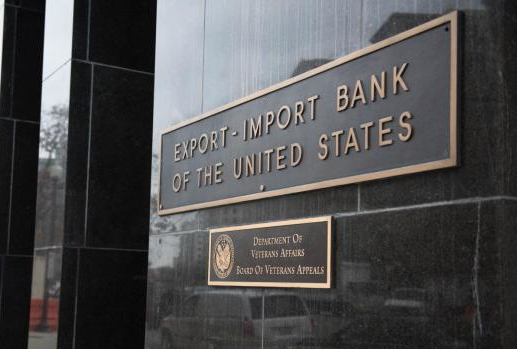Tightening the Environmental Standards of International Investment Banks
The past few years have been critical in the fight to establish sane, sustainable regulations on the impacts the coal industry has on our biosphere. Alongside our efforts to establish global conservation efforts with local organizations, Pacific Environment has been working hard to influence the paths taken by some of the most powerful financial institutions in the world, ensuring that these major players are aware of the effect they have on the health and resources of our planet. Our input has been sought by the International Energy Agency, the U.S. Government Accountability Office, the Ex-Im Bank Advisory Committee, and several other government agencies and media outlets. Our work is crucial, and people are listening.
One of our major victories has been on the policies of the Overseas Private Investment Corporation (OPIC), the agency tasked with apportioning United States investment in the developing world. Through years of hard work and lobbying, Pacific Environment and other organizations like us have succeeded in changing the course of OPIC’s policies. In 2013 OPIC committed over a billion dollars to renewable energy projects. That’s 30% of its total financing, compared to less than 3% in 2009.
This year, we worked with Indian civil society groups to publish two reports on the ongoing human rights and environmental violations committed by the Sasan coal project, funded by Ex-Im Bank, another financial giant. One report, titled Export Credit and Human Rights: Failure to Protect, was presented at a UN-sponsored conference in Geneva in December 2014.
We scored another huge victory in Africa thanks to our dedicated campaigning work. President Obama’s Power Africa program, designed to increase energy infrastructure in Africa, was introduced in 2013. Originally, its lack of explicit funding for renewable energy projects was worrying, and some thought that Power Africa was a thinly-veiled springboard for the coal industry to dig its claws into Africa. However, in the two years since the program was launched, neither Ex-Im nor OPIC have made use of the lenient fossil fuel allowances granted by the program, instead contributing hundreds of millions of dollars to more than 30 renewable energy initiatives. This shift in attitude is due partially to the contributions of Pacific Environment and allies, who have been slowly pushing Ex-Im and OPIC towards more sustainable institutional cultures and business models.
After its charter expired this June, Ex-Im Bank faced a potential shutdown. On October 29th, the House of Representatives voted 313-118 to reinstate it, extending its charter through 2019.With our partners, we have changed the way these organizations think, as well as made sure the media covers these changes in attitude and gets the word out to the public. But the fight isn’t over. OPIC is still considering funding two oil-fueled power plants in Africa. The World Banks’ new safeguard framework, introduced in 2014, has weakened transparency, due diligence and accountability while removing provisions for the rights of communities affected by energy projects. There is still much work to be done. But, with the help of our many allies in NGOs, nonprofits, civil society organizations and the world community of environmental advocates, we are confident that the necessary steps will be taken. With your help, we will succeed.



